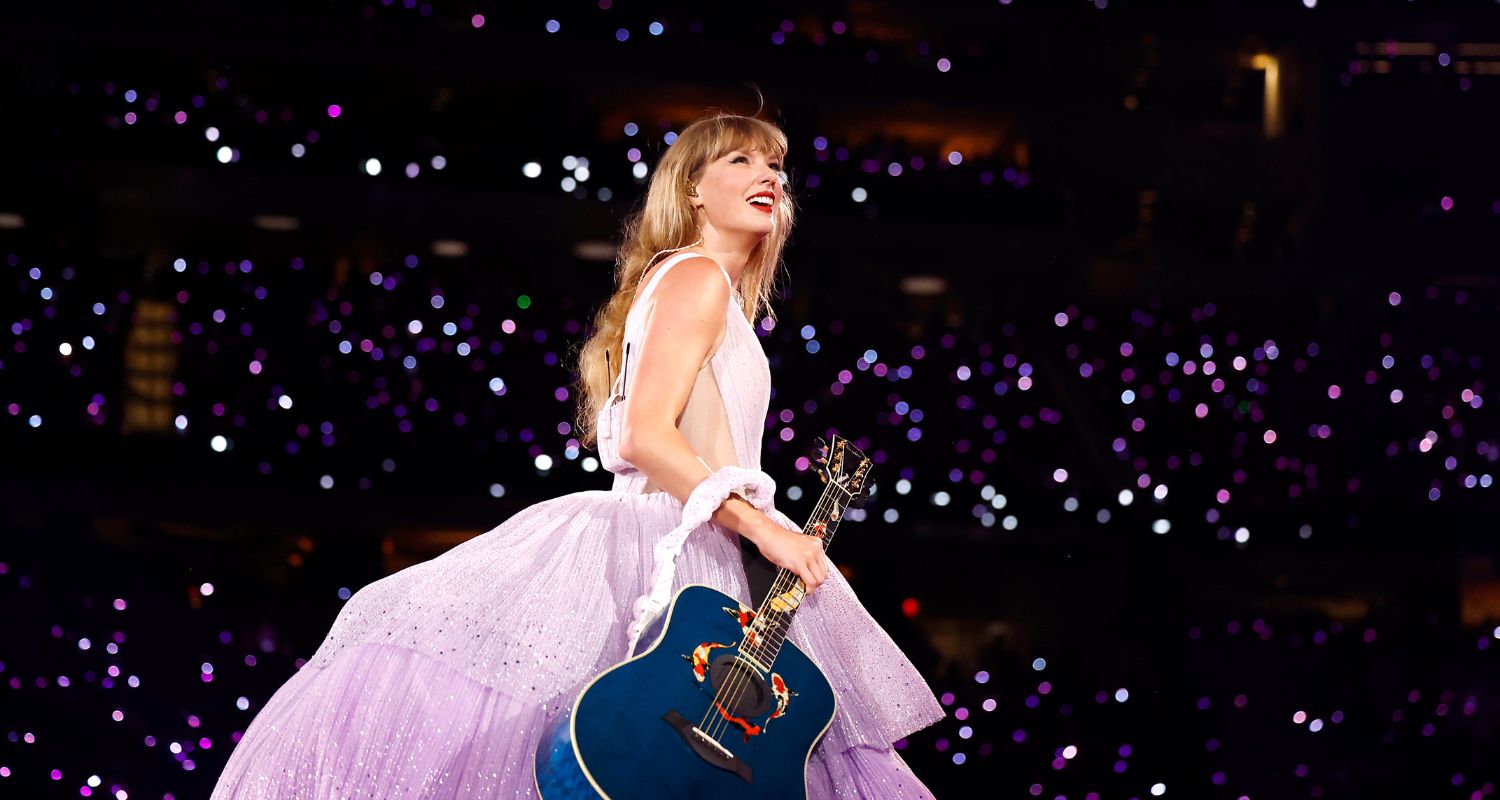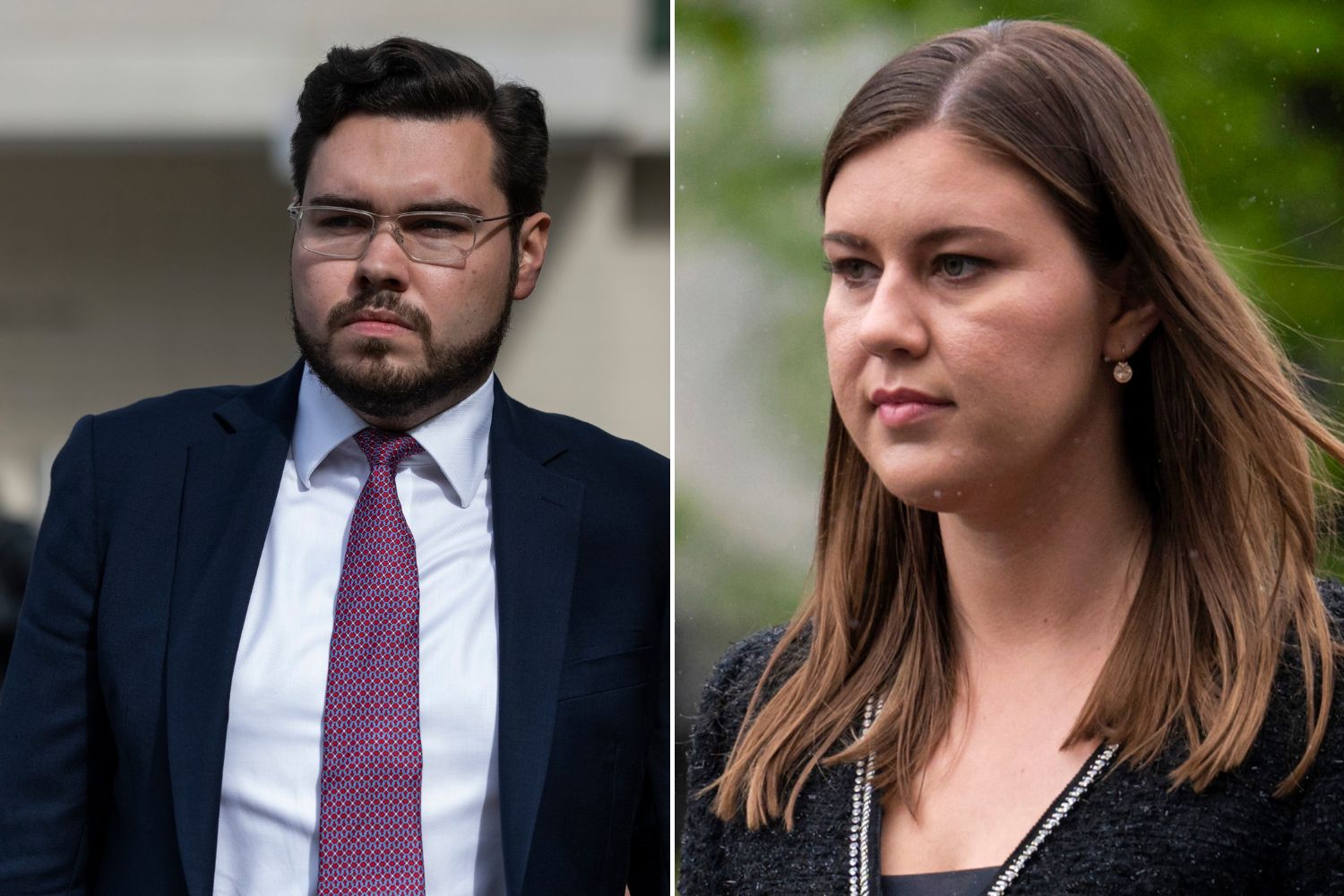If you’ve been keeping up to date with the Novak Djokovic saga, you’ll know that he was deported from the country yesterday (16th January). Currently ranked as the World #1 tennis star, he was set to play in the Australian Open, but after touching down in Melbourne, he immediately faced issues with his visa and vaccination status.
Australian Immigration Minister Alex Hawke was behind the decision, claiming that he was acting in the “public interest”, as Djokovic is unvaccinated against COVID-19, failed to acquire an official medical exemption prior to his arrival in Australia and listed inaccurate information in his travel declaration form.
Below, everything you need to know about the ongoing saga, and what will likely happen next.

What happened when Djokovic arrived in Australia?
As we know, Australia has very strict rules for travellers attempting to enter the country, the biggest being that you need to be vaccinated in order to enter. In the case of Djokovic, his case hinged on whether or not he had a valid exemption to those rules.
The tennis players lawyers argued that because he had contracted COVID-19 in December, he did have a valid exemption. Tennis Australia and The Victorian Government approved this exemption, allowing him to obtain a visa to travel. Federal Government lawyers had other ideas though, claiming that infection is only grounds for exemption if the virus had caused severe illness, (so it’s unclear why his travel visa was ever issued in the first place).
Once he touched down, the Australian Border Force revoked his visa. They then placed him in an immigration detention hotel with the intent to deport him. But, when the case went before a judge, he ruled in Djokovic’s favour on procedural grounds, arguing that he didn’t have enough time to consult with his lawyers on arrival.
Djokovic’s travel declaration form also contained errors, which he acknowledged on social media, calling it “human error” and claiming that it wasn’t deliberate. The form stated that he hadn’t travelled 14 days prior to his arrival in Australia, which was found to be untrue.
Ultimately, the decision rested with Alex Hawke, who made the decision to have him deported yesterday.

What will happen to Novak Djokovic now?
After being deported, the tennis player faces a myriad of potential consequences which will impact him both personally and professionally. He has already been forced to pay the legal costs associated with his ruling, which could be upwards of $100,000.
The 34-year old may not be able to reapply for an Australian visa for three years, meaning he will be unable to compete in any competitions hosted here. Given the length of the ban, he may not have another chance to win the Australian title, which is an accolade he has been vocal about wanting to achieve.
While deportation usually carries a three-year ban, Australian media believe he may be able to argue that his presence at the Melbourne Grand Slam is an issue of national interest.
Speaking to The Project, Abul Rizvi, Former Deputy Secretary of the Immigration Department said:
“Djokovic can apply to the government to ask for the ban to be waived on compelling and compassionate grounds. I suspect whoever is the minister would probably allow that.”
Djokovic has already won the tournament nine times, more than any other male player in the tournament’s history. His absence from the Australian Open has now placed Daniil Medvedev (the winner of last year’s US Open) as the favourite to win. Salvatore Caruso got the very late call-up to replace Djokovic in the tournament, while Federer is also not competing as he recovers from a knee injury.
What has the public response been?
The response to the decision has been incredibly mixed. If he was allowed into the country, many felt that it was unfair given his unvaccinated status and the strict border controls Australians have been subjected to for the past two years.
Deputy Prime Minister, Barnaby Joyce, said:
“The vast majority of Australians … didn’t like the idea that another individual, whether they’re a tennis player or … the King of Spain or the Queen of England, can come up here and have a different set of rules to what everybody else has to deal with.”
Back in his native Serbia, many rallied for the tennis star, particularly the country’s politicians. There has even been criticism of the decision in Australia, with some claiming that it makes the country look ‘incompetent’. A swarm of anti-vaccination protesters and Djokovic supporters gathered outside the venue for the Australian Open, loudly proclaiming their opposition to the decision.
Labor leader, Anthony Albanese didn’t hold back in his criticism of the Government, saying:
“This has been diabolical for Australia’s reputation, just in terms of our competence here and it is extraordinary that as we are speaking we still don’t know what the decision will be. The decision should have been made before he was granted a visa. Either he was eligible or he wasn’t.”
Djokovic himself said he was “extremely disappointed” but would respect the ruling, while the Australian Prime Minister, Scott Morrison, said the ruling backed the government’s decision to “keep our borders strong and keep Australians safe”.










